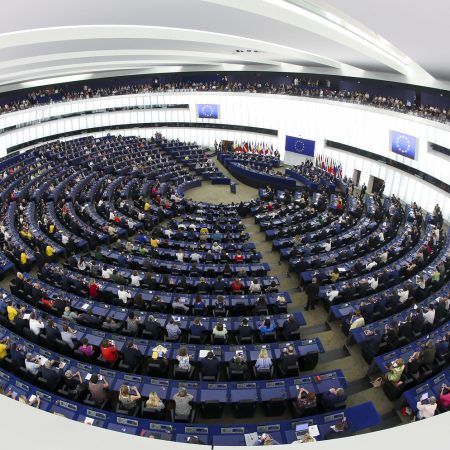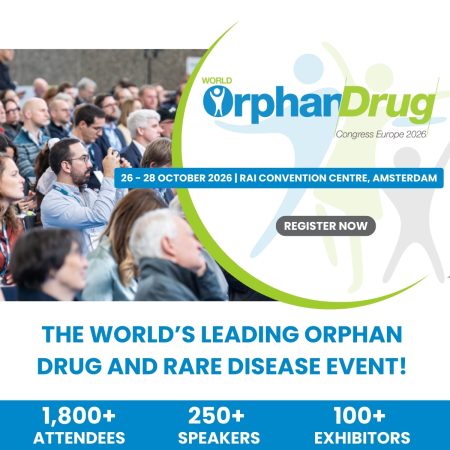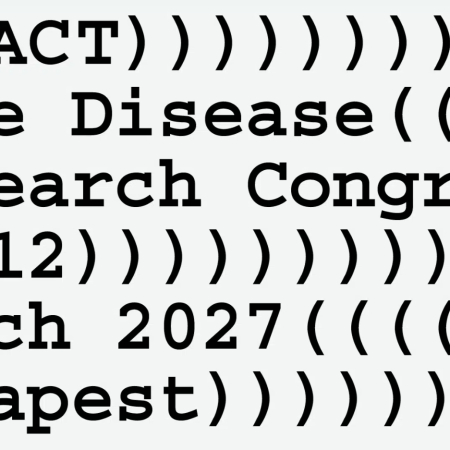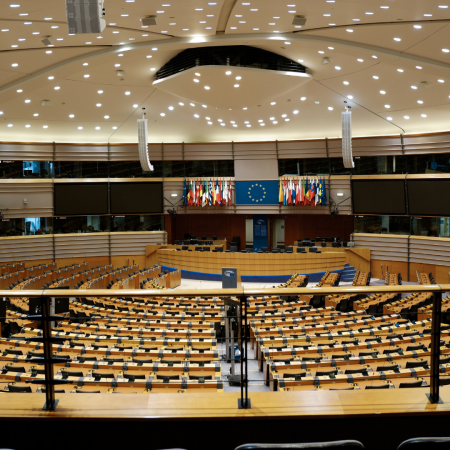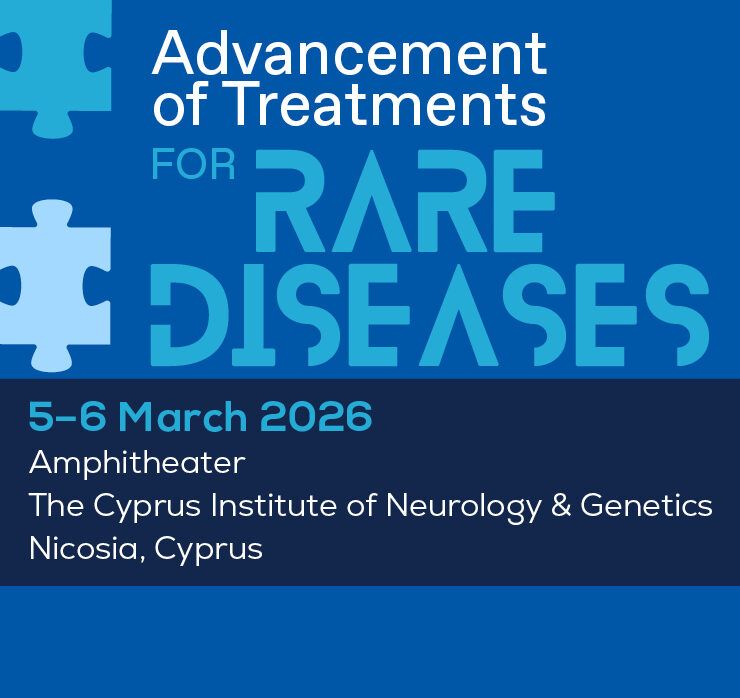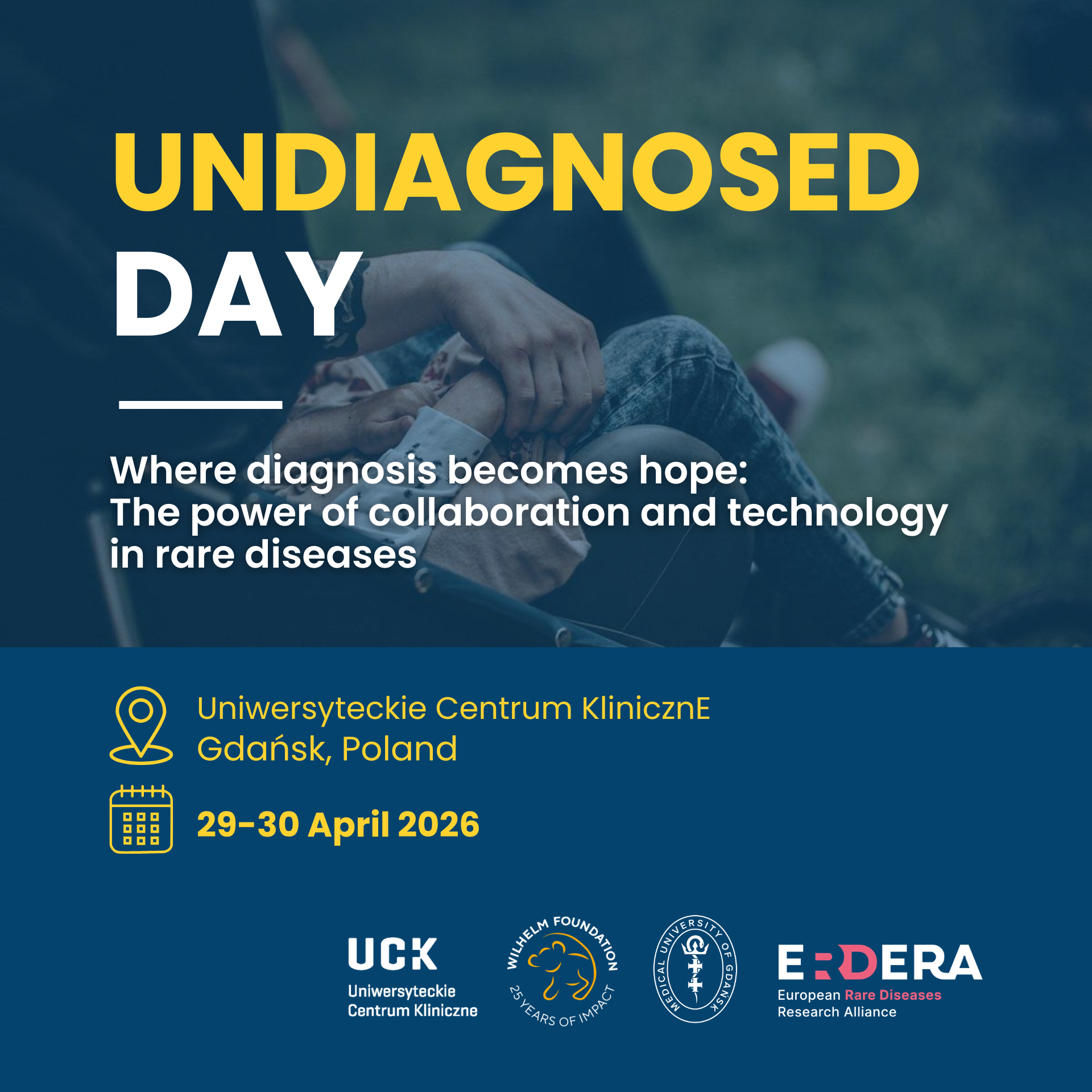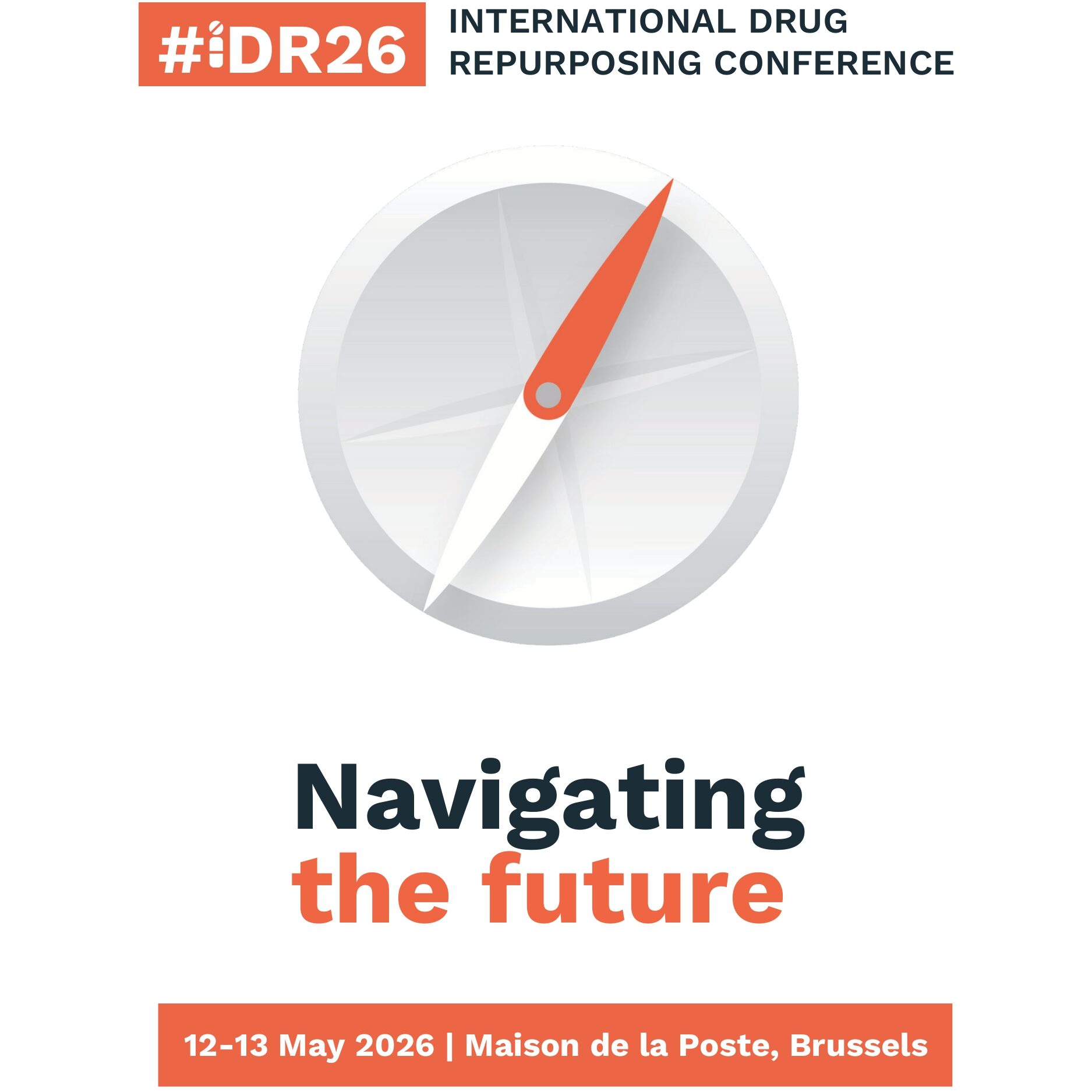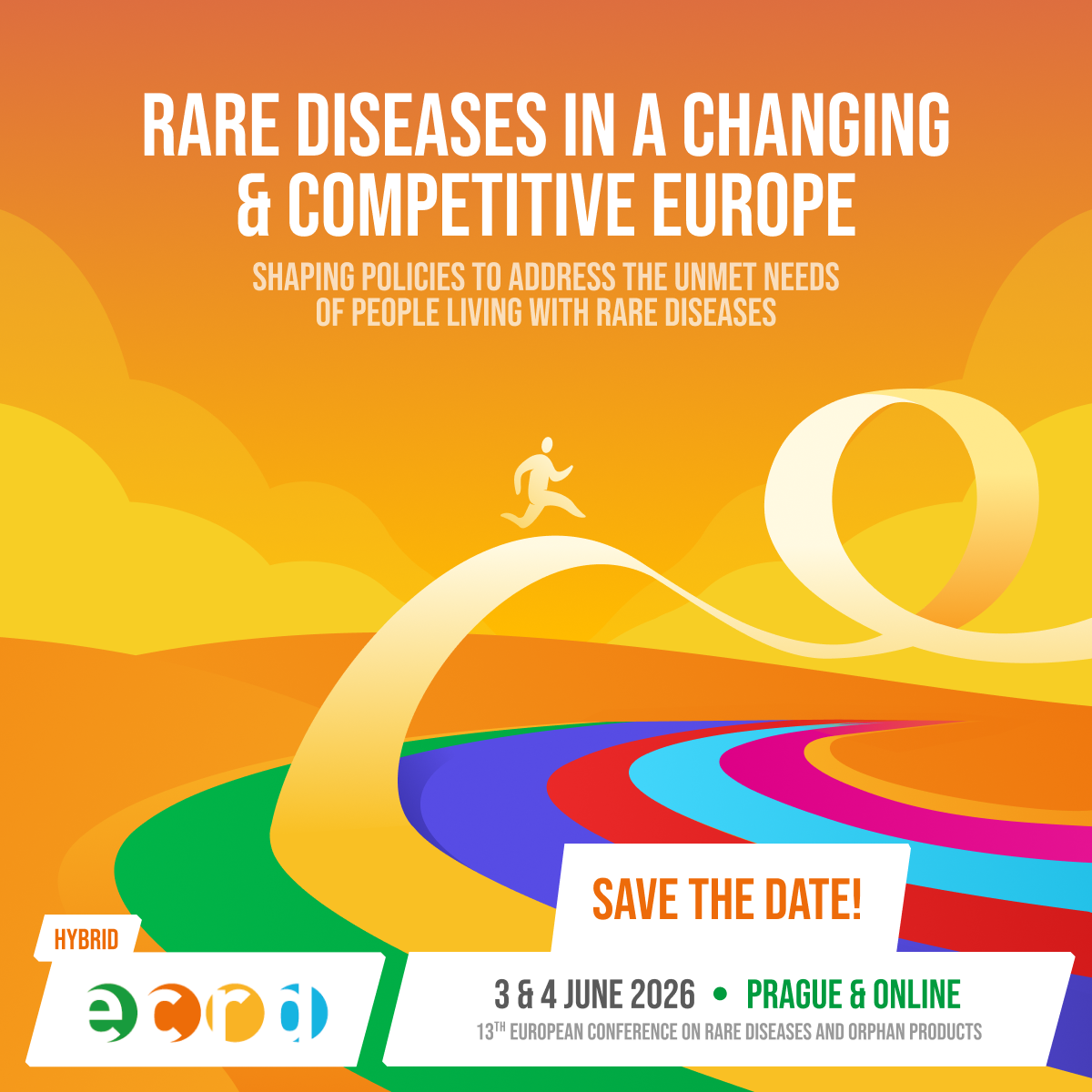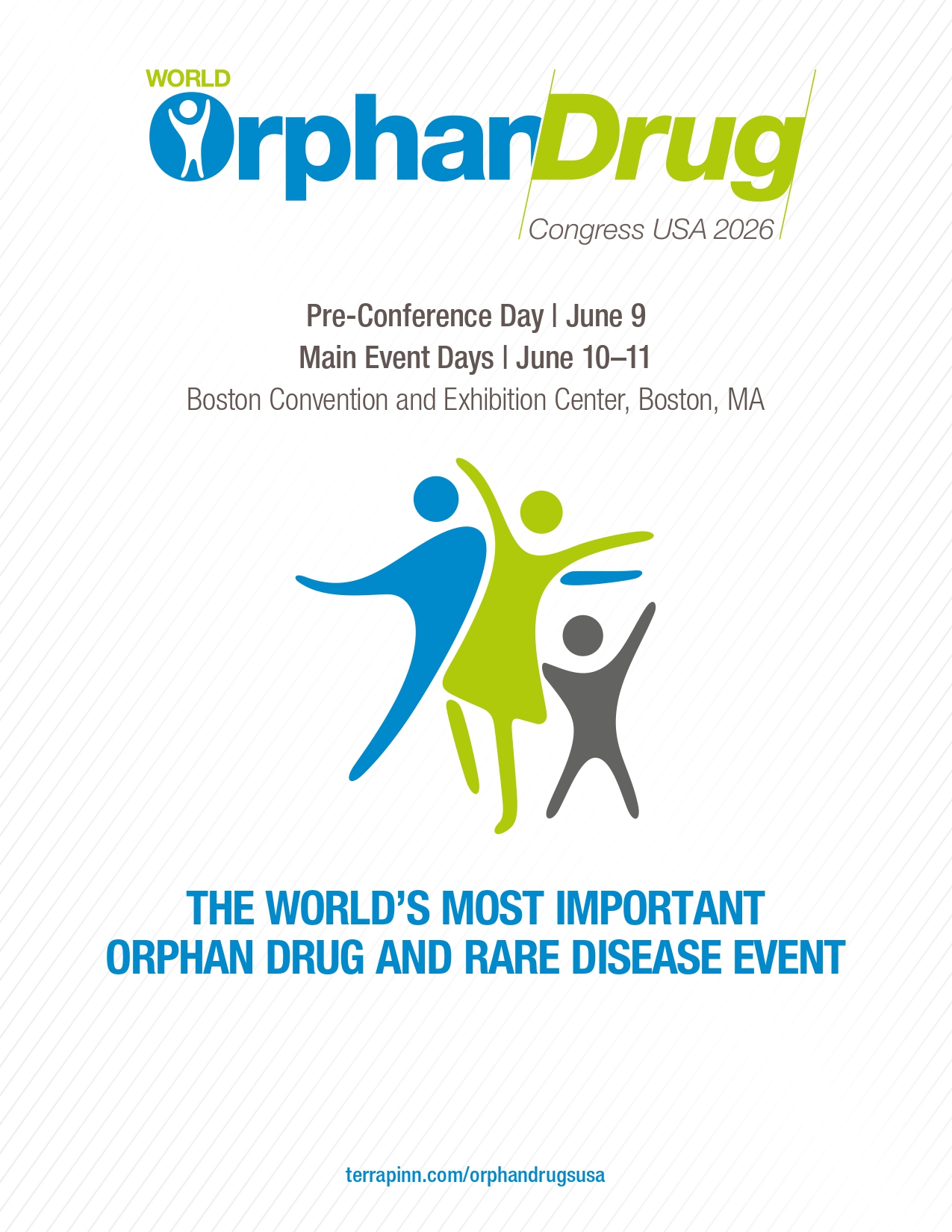The European partnership for rare diseases, uniting more than 170 public and private organisations across 37 countries
Welcome to ERDERA
Build the skills to shape the future of rare disease research!
Explore the Virtual Platform!
Access standard-compliant resources, registries, biobanks, and tools ready to advance rare disease research
WS Clinical Research Network
Linking Europe’s clinical research community to share data, speed up trials, and prepare the path to advanced therapies
WS Data Hub
Turning connected, FAIR data and digital tools into actionable insights for rare disease research
WS Expertise Services
Tailored expert support at every stage of the research journey
WS Accelerator
Helping promising ideas become investor-ready projects
WS Training
Building skills for the future of rare disease research, from the lab to leadership and innovation
WS Funding
Bringing public and private funding together to close knowledge gaps and drive rare disease research forward
WS International Alignment
Connecting countries and partners worldwide to strengthen collaboration and support underrepresented regions
Our pledge to the over 30 million people living with a rare disease in Europe
ERDERA Survey
Exploring consultancy needs for rare disease research
LATEST
News & Updates
New European Parliament study maps options for an EU rare disease action plan
EU rare disease action plan- European Added Value Assessment
Multimedia
Victoria Hedley explains the role of National Mirror Groups in the rare disease research ecosystem
Shaping the future of rare disease research: insights from ERDERA
How Clinical Research Networks are transforming rare disease research | CRNs conference highlights
ERDERA’s Networking Support Scheme – Ethics Self Assessment Tutorial
ERDERA
Research Services
our mission
Goals & Impacts
Unify knowledge, resources and expertise
ERDERA brings under one roof a broad range of high-value services, resources and cross-disciplinary expertise to support rare disease research projects across Europe, from planning and design to efficient execution.
Boost clinical research with and for patients
Enabling every consenting patient living with a rare disease to be findable and enrolled in a suitable clinical study that matches their needs and preferences is a core goal in ERDERA. Empowered patients can contribute to the generation of high-quality evidence to improve diagnosis, understanding of diseases and develop treatments.
Spur innovation and EU competitiveness
The partnership aims to make Europe a global leader in rare disease research by increasing investment to spur innovation, aligning regional, national and European research strategies, and fostering collaboration among all stakeholders at global scale.
Upcoming Events
The training responds to the growing need for patient advocates to understand data management, ethical considerations and the role of AI in rare disease research.
The two-day event will focus on translating research and policy initiatives into tangible benefits for Rare Disease patients through better prevention, diagnosis, and treatment.
This meeting will focus on practical approaches to phenotyping and diagnosis in undiagnosed conditions, including how to define next steps when a diagnosis remains uncertain, and how to strengthen pathways and collaboration around undiagnosed care.
Join the leading international drug repurposing conference to explore the future of patient-centric medicines repurposing!
The next ECRD will take place on 3–4 June 2026 in Prague under the title “Rare Diseases in a Changing & Competitive Europe: Shaping policies to address the unmet needs of people living with rare diseases”.
More than 280 speakers from industry, regulators, patient organisations, investors and healthcare providers, and aims to showcase new science, technologies and policies that can accelerate orphan drug development and improve access to therapies for people living with rare conditions.
NEWSLETTER
Keep connected through ERDERA
Community voices, fresh funding calls, news, events, training opportunities and accessible resources — delivered straight to your inbox, ready when you are!
